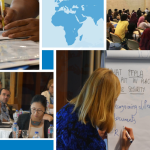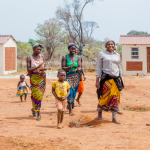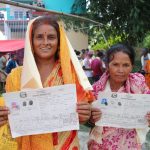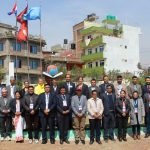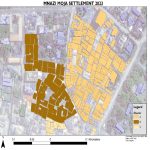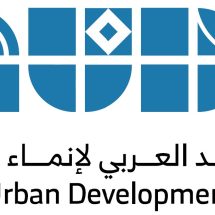The Food and Agriculture Organization of the United Nations (FAO) is an agency of the United Nations that leads international efforts to defeat hunger. Serving both developed and developing countries, FAO acts as a neutral forum where all nations meet as equals to negotiate agreements and debate policy.
FAO’s three main goals are:
- the eradication of hunger, food insecurity and malnutrition;
- the elimination of poverty and the driving forward of economic and social progress for all; and,
- the sustainable management and utilization of natural resources, including land, water, air, climate and genetic resources for the benefit of present and future generations.
FAO’s beginnings started when forty-four governments in 1943 committed themselves to founding a permanent organization for food and agriculture, which was followed by the first session of FAO Conference in 1945 that established FAO as a specialized United Nations agency. In 1951, the FAO headquarters moved to Rome, Italy, from Washington, DC, the United States.
FAO has been collaborating with the GLTN in the development of the Land Information Management System (LIMS) for Turkana County in Kenya. The project seeks to pilot the use and application of the Social Tenure Domain Model (STDM) in the context of a County Land Information System for managing tenure in an urban setting besides documenting the processes and build capacity on its use and capabilities, with the opportunity of scaling it up to also manage customary rights for communities within the county.
STDM is a pro-poor, gender responsive and participatory land information system developed by the GLTN. STDM has been developed to bridge the gap between formally registered land and land that is not registered. It is a pro-poor, participatory and affordable land tool for representing a person-to-land relationship along the land rights continuum. The land tool has been developed by UN-Habitat through GLTN and other partners in recognition of the need for legal pluralism and a broader recognition of person-to-land relationships.
Website


